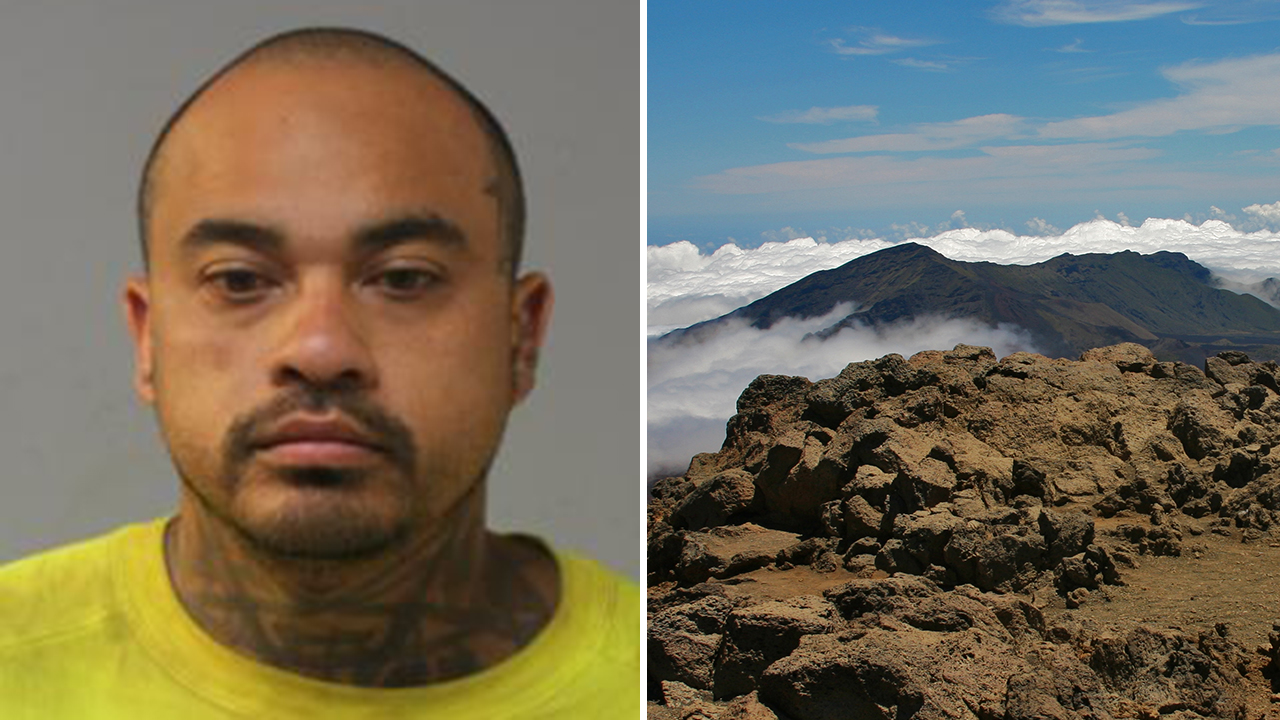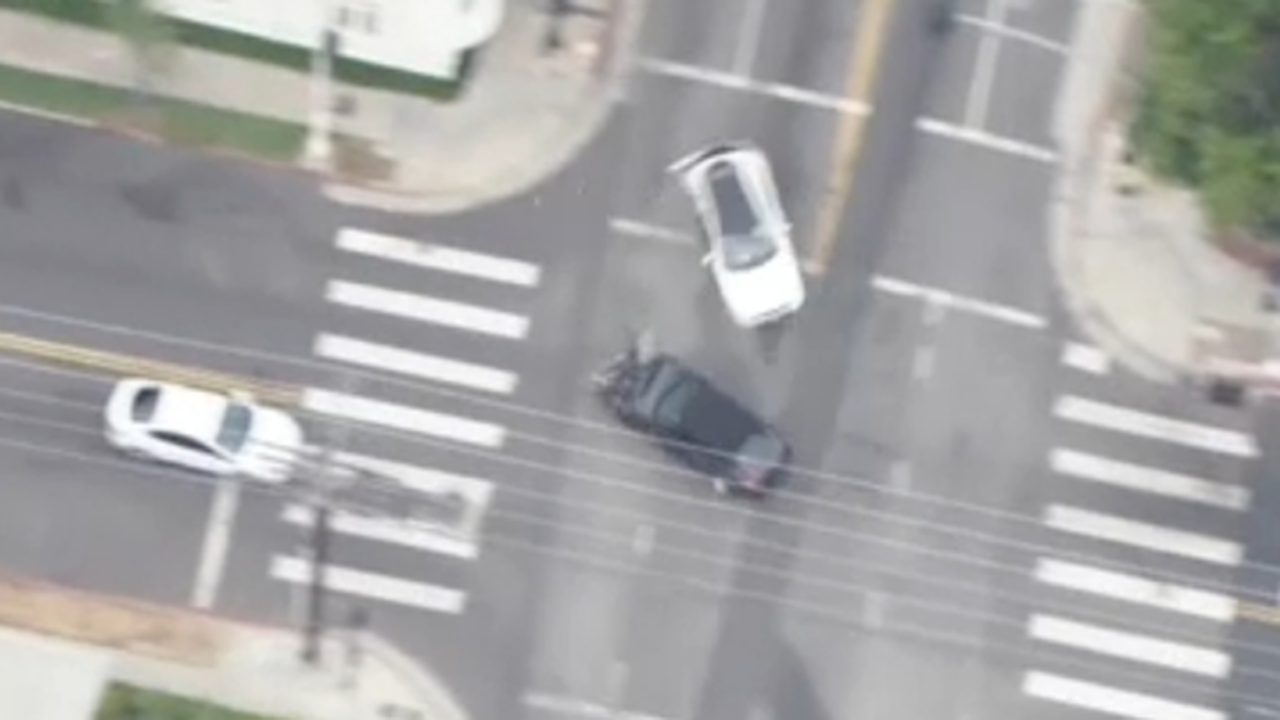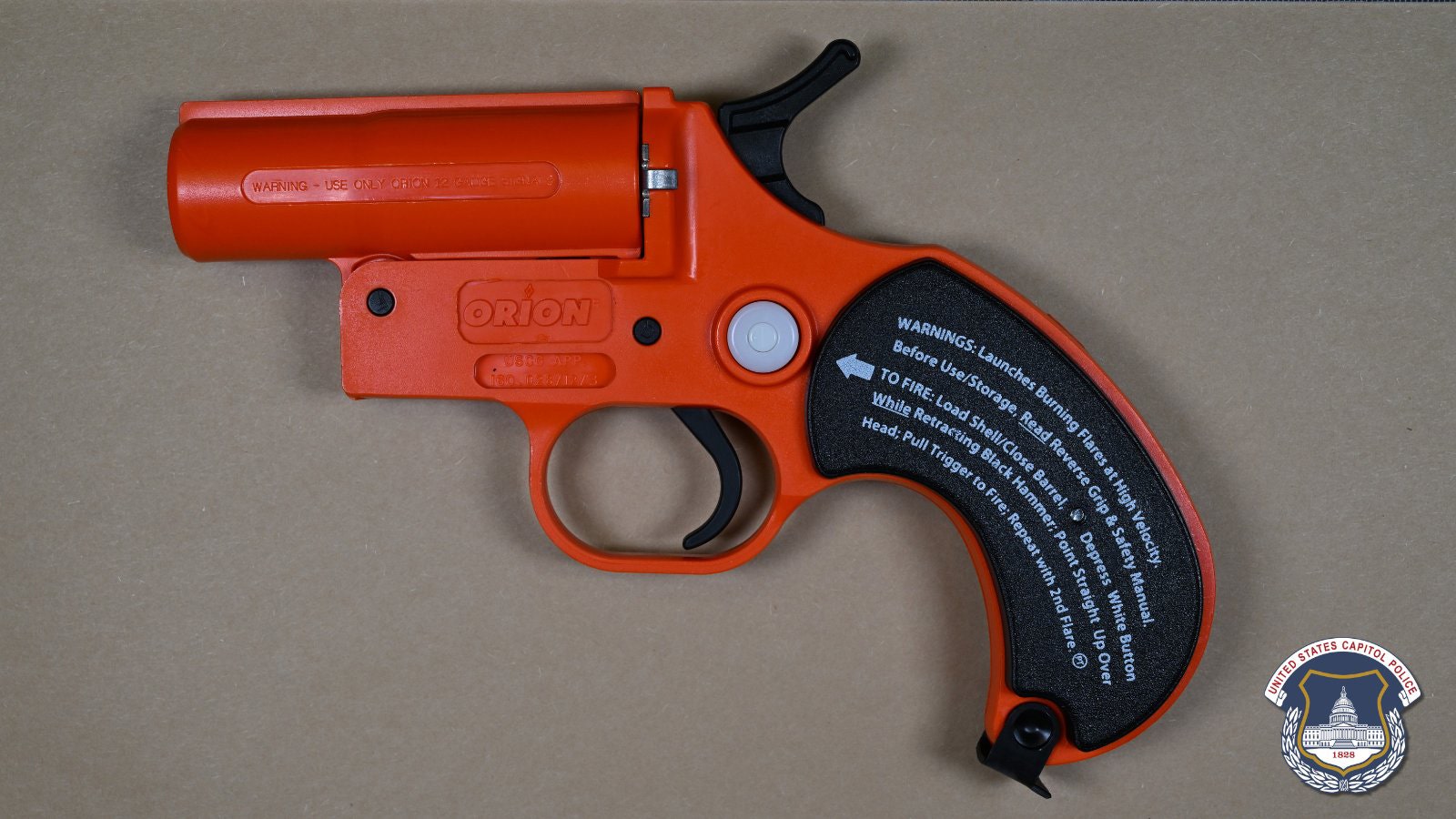Hunter Biden’s daughter Naomi testified on Friday that her father was sober and “hopeful” in mid-2018, right before he claimed to be drug-free on a gun application — but that claim was quickly undercut by her own anguished texts saying he had driven her to the breaking point.
Ms. Biden, 30, a lawyer in Washington, took the stand hoping to bolster Mr. Biden’s contention that he was working hard to kick his addiction to crack cocaine and alcohol. She said he was “the clearest” she had seen him in years when visiting him in Los Angeles in August 2018.
But under an intense cross-examination, her claim seemed to crumble. Prosecutors read aloud her texts from mid-October, when Mr. Biden visited New York City, where Ms. Biden was living with her boyfriend and entering her second year of law school.
The exchanges painted a starkly different picture of his behavior. Mr. Biden ignored Ms. Biden’s desperate texts for hours and made a bizarre request when he did resurface, at one point asking her boyfriend to drop off keys to a borrowed truck at 2 a.m. in Midtown Manhattan before disappearing again.
“I’m sorry daddy, I can’t take this, I don’t know what to say,” she wrote to him on Oct. 18 — at a moment when he was buying crack and partying with a girlfriend, according to previous evidence introduced by the government.
“I just miss you and want to hang out with you,” Ms. Biden wrote, adding an unhappy-face emoji.
Her father appeared to be fighting tears as she spoke.
Ms. Biden was subdued as her texts, which were not shown to the jury, were read back to her. She said she did “not recall” sending them when asked to explain her state of mind. After stepping down, she walked directly over to her father at the defense table and embraced him for about one minute, before they exited the courtroom together.
Ms. Biden, hair pulled back in a tight bun, said she was nervous, and coughed repeatedly, speaking in a quiet and strained monotone. Her dramatic appearance capped an extraordinary and draining first week in her father’s trial on charges that he falsely claimed to be sober on an application to buy a handgun on Oct. 12 in Delaware.
His lawyers have offered a spirited, if narrow, defense centered on questioning whether Mr. Biden was actually using drugs at the moment he filled out the form. It remains to be seen whether Ms. Biden’s emotional testimony, intended to help her father’s case, had a positive impact on the jury.
The trial has served as a vivid reminder of a painful drama that has played out in the Biden family for years, underlined by the presence of friends and family of Mr. Biden’s in the courtroom every day. The first lady, Jill Biden, flew back from France on Thursday to retake her seat in the front of the courtroom on Friday.
Mr. Biden is charged with three felonies: lying to a federally licensed gun dealer, making a false claim on the federal firearms application and possessing an illegally obtained gun. If convicted, he could face up to 25 years in prison and $750,000 in fines. But nonviolent first-time offenders who have not been accused of using the weapon in another crime rarely receive serious prison time for the charges.
The defense has indicated it will seek to show that Mr. Biden was not using drugs at the time he applied to buy a gun, emphasizing the lack of evidence in witness accounts, text exchanges and Mr. Biden’s memoir. Already in some of his cross-examinations, one of Mr. Biden’s lawyers, Abbe Lowell, has tried to punch holes in the prosecution’s stated timeline of Mr. Biden’s pattern of drug use in the months before and after the gun purchase.
The defense argues that the question is worded in the present tense, and that the government cannot prove that Mr. Biden was using crack cocaine on the day he acquired the gun, Oct. 12, 2018.
The judge presiding over the case, Maryellen Noreika, has indicated that she wants the trial to move briskly. Already, she has ruled that Mr. Biden’s lawyers cannot refer to the fact that the local authorities decided not to prosecute him when the gun was recovered.






